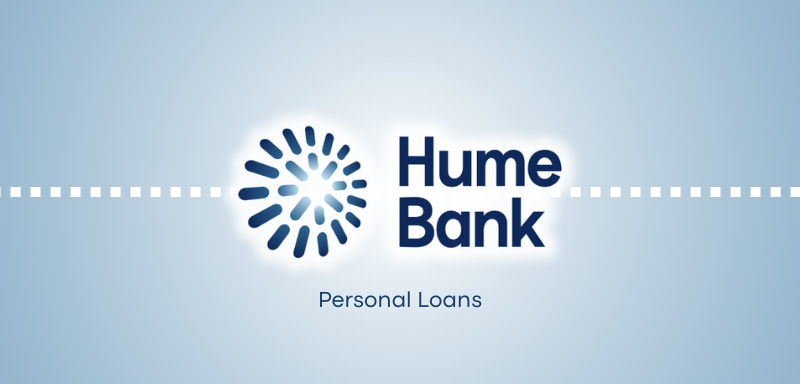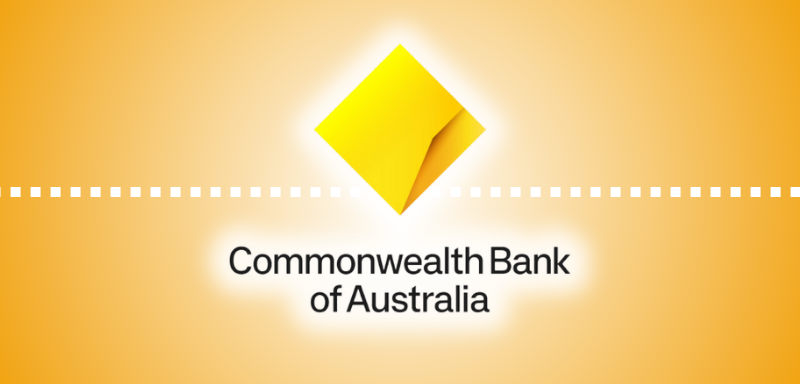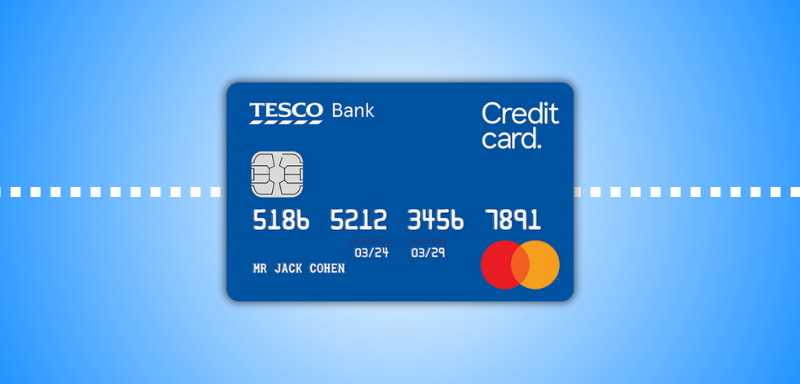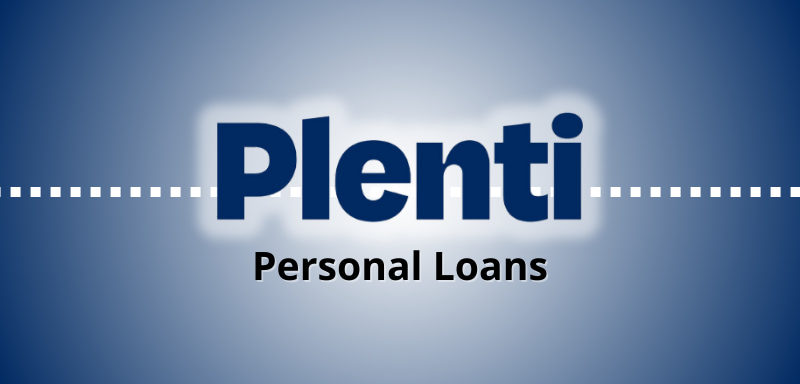Women Finance
Debt Consolidation for Women: Empowering Financial Stability
Advertisement
Navigating the complexities of financial management is a critical challenge for many women. Balancing household responsibilities, career development, and family care, women often encounter unique financial hurdles. A prevalent issue is the accumulation of debts, which can become overwhelming. Debt consolidation emerges as a strategic solution to this challenge.
Understanding the Debt Landscape for Women
Women face distinct financial challenges, including the gender pay gap, which often results in lower earnings compared to their male counterparts. This disparity can hinder their ability to meet financial obligations effectively. Additionally, career interruptions for caregiving duties further impact their financial resilience, potentially leading to increased debt.
Exploring Debt Consolidation
Debt consolidation is a process where multiple debts are combined into a single, manageable loan. This method offers several advantages:
- Simplified Financial Management: Consolidating debts reduces the number of payments and interest rates to track, easing financial management.
- Reduced Interest Rates: Typically, debt consolidation loans offer lower interest rates than high-interest debts like credit cards, accelerating debt repayment.
- Credit Score Improvement: Timely repayment of a consolidation loan can enhance credit scores, opening doors to better financial opportunities.
- Long-Term Financial Stability: This approach can lead to more effective budgeting, savings, and spending habits, contributing to long-term financial stability.
Initiating Debt Consolidation
To begin debt consolidation, consider the following steps:
- Assess Your Debts: Compile a comprehensive list of all debts, including credit card balances and personal loans.
- Research Lenders: Seek reputable lenders or financial institutions, comparing their terms, fees, and interest rates.
- Loan Application: Apply for a debt consolidation loan, providing necessary financial documentation.
- Budget Planning: Incorporate the loan payments into your budget, ensuring it aligns with your financial plan.
- Maintain Discipline: Avoid accruing new debt and ensure timely payments on the consolidation loan.
Financial Literacy for Women
Beyond debt consolidation, empowering women with financial literacy is crucial:
- Budgeting Skills: Educate women on effective budget creation and adherence, utilizing tools and apps for assistance.
- Investment Knowledge: Encourage informed investment decisions in diverse avenues like stocks, bonds, and retirement accounts.
- Emergency Funds: Advocate for the establishment of emergency funds to handle unforeseen expenses without resorting to high-interest loans.
- Credit Understanding: Emphasize the importance of credit management and maintaining a strong credit score.
- Professional Financial Advice: Encourage consultations with financial advisors for personalized financial strategies.
Highlighting Success Stories
Sharing stories of women who have successfully navigated debt and achieved financial stability can inspire and motivate others to take control of their financial futures.
Conclusion
Debt consolidation is a valuable tool for women grappling with debt, but it should be part of a broader strategy that includes financial education and empowerment. By equipping women with the necessary tools and knowledge, we can assist them in not only overcoming debt but also achieving financial independence and security.
FAQs
- What is Debt Consolidation? Debt consolidation involves merging multiple debts into a single loan, often with a lower interest rate, simplifying debt management.
- Benefits for Women: It offers simplified financial management, reduced interest rates, credit score improvement, and a path to financial stability.
- Programs for Women: While gender-specific programs are rare, certain organizations may offer tailored financial education and consolidation assistance for women.
- Eligibility with Low Credit Scores: Options exist for those with lower credit scores, though terms may vary. Secured loans could be an alternative.
- Debt Consolidation vs. Debt Settlement: Debt consolidation combines debts into one loan, while debt settlement involves negotiating to pay less than the owed amount.
Trending Topics

Hume Bank Personal Loan review: From $2,000 up to $100,000
A personal loan with no monthly fees, free redraws, and flexible terms? See how Hume Bank Personal Loans stand out in the market.
Keep ReadingYou may also like

CommBank Personal Loans Review: Borrow from $4,000 up to $100,000
Take advantage of flexible loan options with CommBank Personal Loans, designed to meet a variety of financial needs. Check its features here!
Keep Reading
Tesco Balance Transfer Credit Card Review: 36 Months 0% Deal
Learn about the Tesco Balance Transfer Credit Card UK — Check representative APR, fees, and eligibility to apply.
Keep Reading
Plenti Personal Loans Review: Digital and Fast Lending
Explore Plenti Personal Loans: flexible terms and fast approval. Check out our full review to see how Plenti can help you—or not.
Keep Reading